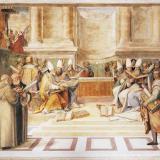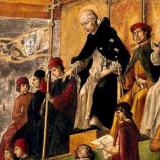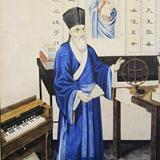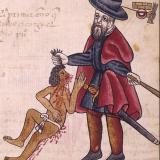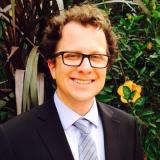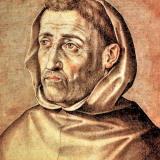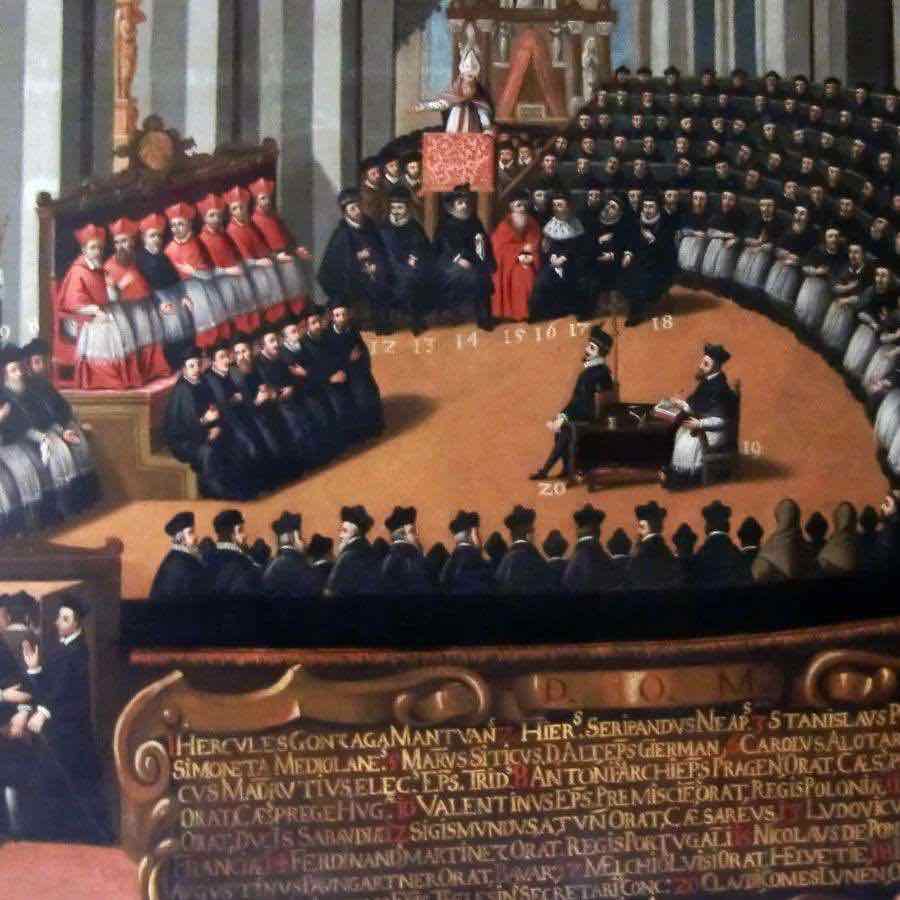The Catholic Reformation
In this final series covering the 15-16th centuries, we turn our attention to philosophy shaped by the Catholic response to the Reformation, often called the "Counter-Reformation." We'll mostly find ourselves in Spain and Portugal, considering developments within scholastic philosophy from authors like Suárez, Molina, and the Coimbran commentators. Topics here will include the theory of natural law, the concept of "middle knowledge," and innovations in metaphysics. We'll also have a broader look at Thomism across Europe, touching on figures like Cajetan. Other topics connected to the Iberian peninsula will include the Inquisition, the Valladoid debate over colonialism, Spanish humanism and mysticism, and literature and art, with episodes on Cervantes and Velázquez. We'll finish off the whole era by returning to Italy and considering Galileo again, as a transition to the 17th century. This series will feature interviews with guests including Andrés Messmer, Tom Pink, Eileen Reeves, Anna Tropia, and Scott Williams.
• R. Bireley, The Refashioning of Catholicism 1450-1700 (Basingstoke: 1999).
• J. Cowans, Early Modern Spain: a Documentary History (Philadelphia: 2003).
• J. Delumeau, Catholicism between Luther and Voltaire: A New View of the Counter- Reformation, trans. J. Moiser (London: 1977).
• L.A. Homza, Religious Authority in the Spanish Renaissance (Baltimore: 2000).
• H. Kallendorf (ed.), A Companion to the Spanish Renaissance (Leiden: 2019).
• T.F. Mayer (ed.), Reforming Reformation (London: 2012).
• M. Mullet, The Catholic Reformation (London: 1999).
• R. Po-chia Hsia, The World of Catholic Renewal, 1540–1770 (Cambridge: 1998).
• J. Tellkamp (ed.), Companion to Early Modern Spanish Imperial Political and Social Thought (Leiden: 2020).
• A.D. Wright, The Counter-Reformation: Catholic Europe and the Non-Christian World (London: 2017).
Posted on
How the Counter-Reformation or Catholic Reformation created a context for philosophy among Catholics, especially in Spain, Portugal, and Italy.
Posted on
How religious persecution and censorship shaped the context of philosophy in Catholic Europe in the sixteenth century.
Posted on
Iberian expeditions to the Americas inspire scientists, and Matteo Ricci’s religious mission to Asia becomes an encounter between European and Chinese philosophy.
Posted on
Bartholomé De las Casas argues against opponents, like Sepúlveda, who believed that Europeans had a legal and moral right to rule over and exploit the indigenous peoples of the Americas.
Posted on
In this interview we learn about the main issues in modern-day philosophy of disability, and the relevance of this topic for the European encounter with the Americas.
Posted on
Fray Luis de Leon, Antonio Nebrija, Beatriz Galindo and other scholars bring the Renaissance to Spain.




